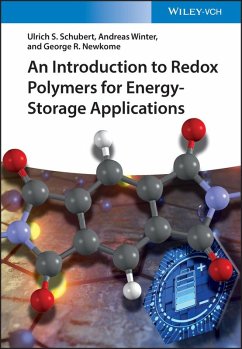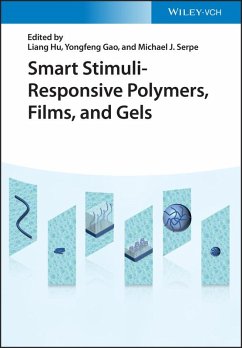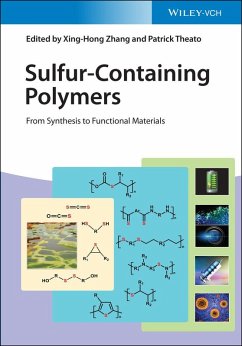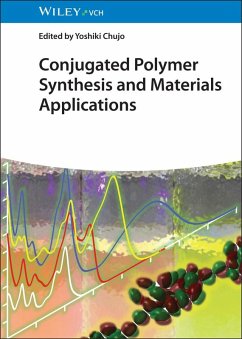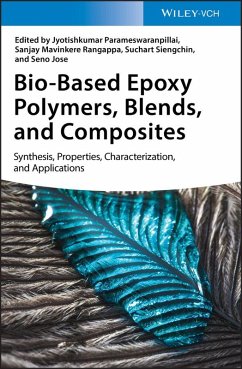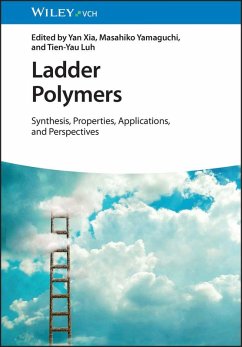Ulrich S. Schubert was born in Tübingen (Germany) in 1969. He studied chemistry in Frankfurt and Bayreuth (both Germany) and at the Virginia Commonwealth University, Richmond (USA). His PhD studies were performed at the Universities of Bayreuth and South Florida. After a postdoctoral training with J.-M. Lehn at the University of Strasbourg (France), he moved to the TU Munich (Germany) and obtained his Habilitation in 1999. During 1999-2000 he was Professor at the University of Munich, and during 2000-2007 Full-Professor at the TU Eindhoven (the Netherlands). Since 2007, he is a Full-Professor at the Friedrich Schiller University Jena, Germany. Prof. Schubert is founder and director of the Jena Center for Soft Matter (JCSM) and the Center for Energy and Environmental Chemistry Jena (CEEC Jena). He received a VICI award of the Netherland Organization for Scientific Research (NWO) and is fellow of the ACS Division of Polymer Chemistry, Polymer Division (USA), the Royal Society of Chemistry (FRSC, UK) and the National Academy of Inventors (NAI, USA). Prof. Schubert is elected member of the German National Academy of Science and Engineering (acatech) and external scientific member of the Max-Planck-Gesellschaft (MPI for Colloid & Interfaces, Golm). He has currently an h-Index of 108 and is since 2014 is listed as ISI "Highly cited researcher". Andreas Winter was born in Herne (Germany) in 1972 and studied chemistry at the University of Dortmund (Germany) where he graduated in organic chemistry in 1999. In 2003 he received his PhD in chemistry (University of Paderborn, Germany) for work on applications of the Mannich reaction in the synthesis of pyridine derivatives under supervision of Prof. N. Risch, and stayed on as a postdoc. Subsequently, in 2005 he joined the group of Prof. U. S. Schubert at the TU Eindhoven, the Netherlands. In 2010, he moved with group from there to the Friedrich Schiller University Jena, Germany. His research is focused on the synthesis of metallo-supramolecular assemblies for opto-electronic and energy-conversion applications. George R. Newkome received his BS and PhD in Chemistry from Kent State University, then joined Louisiana State University in 1968 and became a full professor in 1978, then Distinguished Research Master in 1982 and Executive Director of the LSU Center for Energy Studies. In 1986, Dr Newkome moved to the University of South Florida as their Vice President for Research and Professor of Chemistry, then President of the USF Research Foundation, and was named Distinguished Research Professor in 1992. In 1995-2000, he was the host and commentator on "Beyond Science", a PBS TV show and in 2000, he received an Aurora Award for Best of Shows. In 2001, he moved back to Akron, Ohio as Vice President for Research, Dean of the Graduate School and Professor of Chemistry and Polymer Science, the Oelschlager Professor of Science and Technology at The University of Akron. In 2015, he was awarded the Docteur Honoris Causa from the University of Bordeaux and in 2016 he was named the Distinguished Alumni Award for Kent State University. He is currently an Affiliate Research Professor in the Center for Molecular Biology and Biotechnology at Florida Atlantic University in Jupiter, Florida. He is a Fellow of the AAAS, Royal Society of Chemistry, and National Academy of Inventors as well as on numerous editorial and scientific advisory boards.






